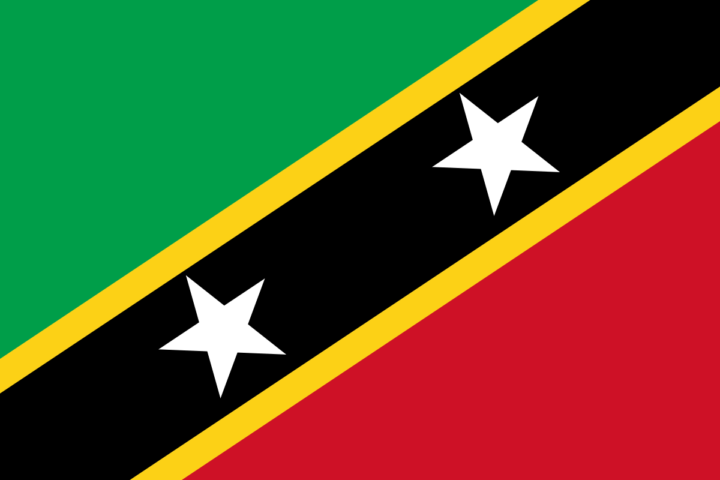Today, 9 August 2020, marks 75 years since the United States dropped an atomic bomb on the Japanese city of Nagasaki, killing more than 74,000 people and inflicting harm across generations. To honour the victims and survivors of that horrific attack, the Caribbean state of Saint Kitts and Nevis has ratified the Treaty on the Prohibition of Nuclear Weapons on this significant anniversary.
A total of 44 countries are now parties to this landmark disarmament agreement, which was negotiated and adopted at the United Nations in 2017. The treaty categorically prohibits nuclear weapons and establishes a legal framework for their elimination. Just six more ratifications are needed to bring it into force.
Saint Kitts and Nevis’ ratification follows ratifications by Ireland, Nigeria, and Niue on 6 August, the anniversary of the bombing of Hiroshima. Together, these four ratifications signify a commitment to ensure that no other city ever suffers the same fate as Hiroshima and Nagasaki.
Mark Brantley, the minister of foreign affairs of Saint Kitts and Nevis, said today: “The bombing of Nagasaki was the apogee of human cruelty and inhumanity. As a small nation committed to global peace, Saint Kitts Nevis can see no useful purpose for nuclear armaments in today’s world. May all nations work towards peace and mutual respect for all mankind.”
In the months leading up to the anniversaries of the bombings, survivors, known as “hibakusha”, appealed to leaders around the world to ratify the nuclear weapon ban treaty, arguing this is an important step that every nation can and must take to help abolish nuclear arms.
Saint Kitts and Nevis has become the eighth member of the Caribbean Community to ratify the nuclear weapon ban treaty, following Guyana, Saint Lucia, Saint Vincent and the Grenadines, Trinidad and Tobago, Dominica, Antigua and Barbuda, and Belize. Its ratification helps strengthen the global norm against the worst weapons of mass destruction.
Caribbean nations played an active and influential role in bringing the treaty into being, warning that nuclear weapons create a “state of insecurity” and could unleash “unparalleled harm” on humankind. Last year, 10 Caribbean nations met in Guyana to discuss the urgent need for concerted regional action to achieve the treaty’s swift entry into force.










